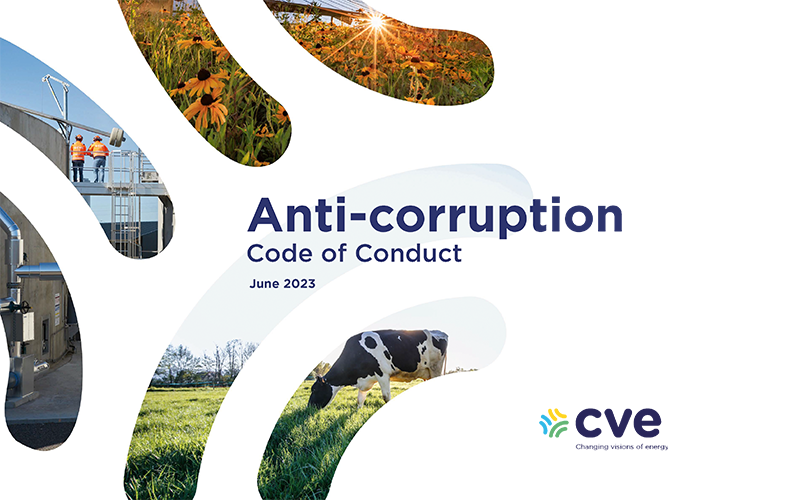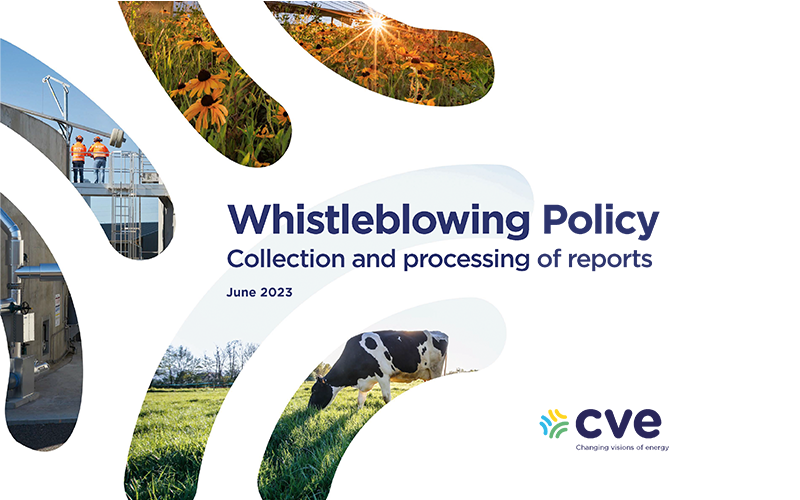The benefits of methanation
- A contained process that treats the smells of the incoming materials
- Reducing transportation distances when the units are designed for a local scope, with a decentralized vision
- Producing local, storable green energy: Biomethane, which can be used as natural gas or fuel (for bioNGVs)
- Producing organic soil amendment with fertilizing properties for use in agriculture, as an attractive alternative to chemical fertilizers.
To encourage local uptake, the project must be tailored to the context of its environment, with:
- information sessions and space for dialog/cooperation regarding the project
- the involvement of local public and private players in the project, and openness to participatory financing
- the integration of the project into the development of a comprehensive energy reclamation sector (collecting bio waste, developing natural gas stations, combination with photovoltaic solar production, organizing and educational space, etc.)
How a biomethane unit operates
Methanation is a natural biological process that recycles organic material into biogas. This process is also known as anaerobic digestion, because the material is processed in a hermetically sealed environment with no oxygen.
The waste is analyzed, prepared, processed, and then placed inside a “digester” or “methanizer”. It is then mixed together and heated. As they ferment, the bacteria turn the easily degradable organic material into biogas. Once purified, biogas takes the name of biomethane. That biomethane can then be odorized, checked by the gas network operator, and injected into the distribution network. Its characteristics and usages are exactly identical to those of natural gas, and it is impossible to tell it apart from the natural gas it is mixed with.
- Biogas is a combustible gas resulting from a biological reaction called methanation
- Biomethane, meanwhile, is the biogas that results from advanced purification
Project development process
Cap Vert Energie, as the project developer, investor, and operator alongside local partners, has set up a process that draws upon its more than seven years of experience in the organics-to-energy recycling and processing sector. This process that makes it possible to best organize all of the steps of a project’s development with regard to each of its components, is a prerequisite to secure the viability and sustainability of a project and to ensure its suitability for the area.
Challenges in developing the methanation/biomethane sector for communities
The biomethane produced by methanation has numerous advantages for communities, the circular economy, and agriculture, such as:
- The local recycling of residual materials, which become resources reused in a circular economy approach
- Local renewable energy production
- The creation of local activity that can’t be outsourced, with three to four direct jobs, the creation and maintenance of about ten indirect jobs, and the creation of a new economic contribution that benefits the communities
- The return of digestate to the soil as an amendment and natural fertilizer, leading to savings for farmers and preserving the agronomic quality of the soil
- Removing carbon from energy and agricultural systems, and revitalizing exurban and rural areas
Pour une pré-étude



